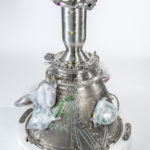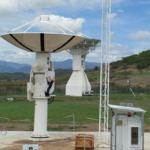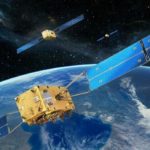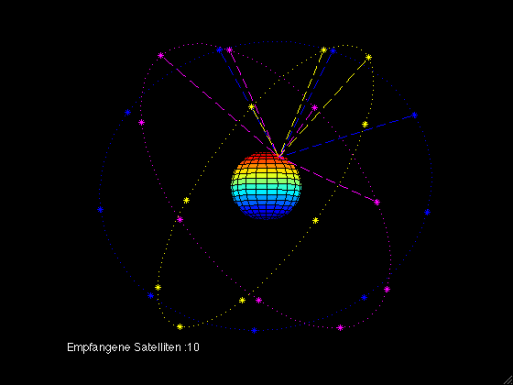A full-scale demonstrator of the thrust chamber for an upper-stage rocket engine incorporating the newest propulsion technologies is being prepared for its first hot firing.
The Expander-cycle Technology Integrated Demonstrator, or ETID, has arrived at the DLR German Aerospace Center test facility in Lampoldshausen for tests. It will help to prove new technologies, materials and manufacturing techniques that offer higher performance at lower cost for Europe’s future launchers.
ETID is a precursor of the next generation of 10-tonne rocket engines. Some of the technologies could also be used on upgrades to the existing Vinci, which powers the upper stage of Ariane 6. Read more…







